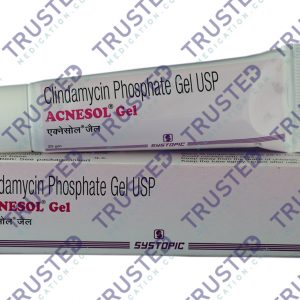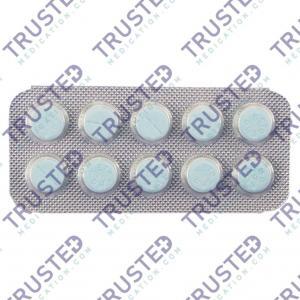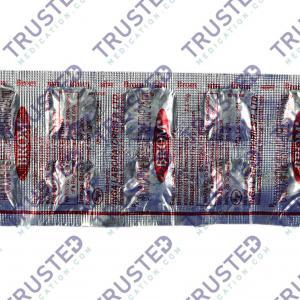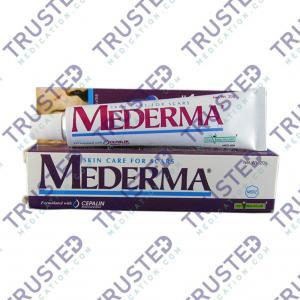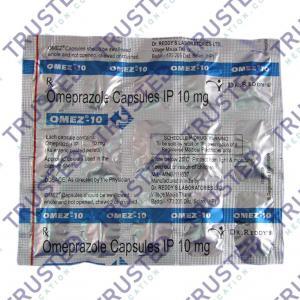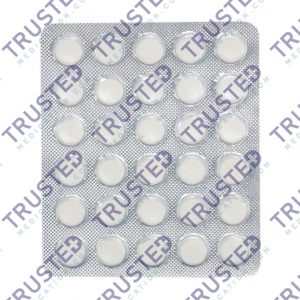
Psoriasis is a skin disease that causes itchy, red, and scaly patches. Patches often occur in the head, knees, trunk, elbows, and scalp. Psoriasis is a typical long-term disease that does not have any cure. It tends to go through cycles for several weeks or months.
What causes Psoriasis?
Psoriasis is an immune system problem. It causes the skin to regenerate faster than the normal rate. Plaque psoriasis is a typical type of psoriasis. It is a rapid turnover of cells that results in scales and red patterns.
The specific cause of the immune system malfunction is not clear. But, researchers have found that both genetics and environmental causes can trigger psoriasis. Note that this condition is not contagious.
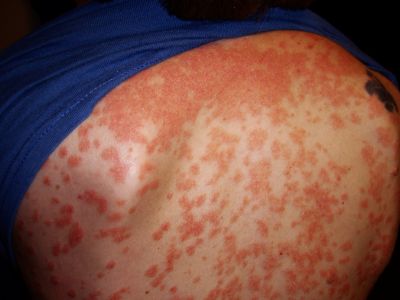
What are the Symptoms of Psoriasis?
Symptoms of psoriasis vary from person to person. It includes:
- Small scaling spots (these are typical in children)
- Red patches of the skin that are covered with thick silvery scales
- Cracked skin that may bleed
- Dry skin that causes itchiness
- Burning, itching, and soreness
- Ridged or pitted nails
- Thickened nails
- Stiff and swollen joints
Most types of psoriasis go through cycles. It can range from a few spots scaling similar to dandruff until it leads to eruptions.
What are the Types of Psoriasis?
- Plaque psoriasis. It is a typical form of psoriasis. It causes dry, raised, and red skin patches. The plaques can be tender or itchy. Plaque psoriasis is typical on the lower back, scalp, and knees.
- Nail psoriasis. It can affect the fingernails and toenails. Nail psoriasis causes abnormal nail growth, pitting, and discoloration. The affected nail might loosen and separate from the nail bed.
- Guttate psoriasis. It affects young adults and children due to bacterial infection. Guttate psoriasis causes lesions on the trunk.
- Inverse psoriasis. It affects the skin folds of the buttocks, groin, and breasts.
- Pustular psoriasis. It is pus-filled lesions and widespread patches in the hands and soles of the feet.
- Erythrodermic psoriasis. It is the least type of psoriasis that can cover your entire body.
- Psoriatic arthritis. It causes swollen and painful joints.

What are the Risk Factors of Psoriasis?
- Infections such as strep throat and other skin infection
- Dry and cold weather
- Severe sunburn, bite or cut off the skin
- Stress
- Smoking and heavy alcohol consumption
- Certain medications and withdrawal of corticosteroids
- Family history
How to Diagnose Psoriasis?
Your doctor will assess your symptoms and medical history. Doctors may also recommend examining your skin, nails, scalp, and other affected area. Taking a sample of your skin or on the affected area can determine the cause of the infection.
What is the Treatment for Psoriasis?
Treatment includes topical creams, retinoid, and other recommended medications. You can also use beauty and skincare products to stop skin scales and other skin marks.

